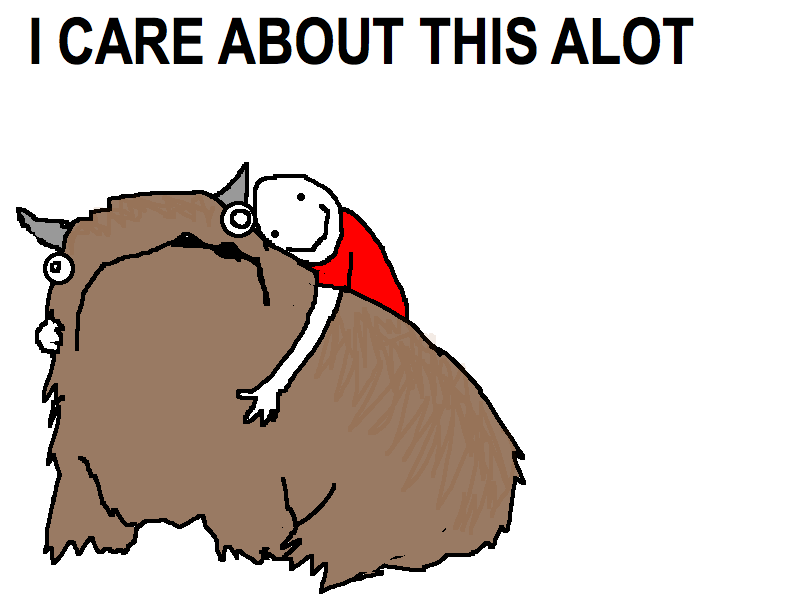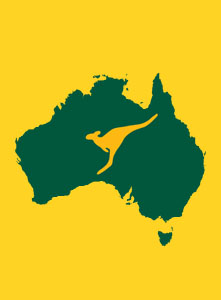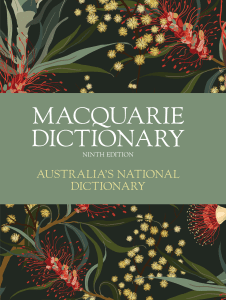Here at the Macquarie Dictionary, we receive (and welcome) messages from everyone about new words, changes to definitions and grammar and spelling bugbears. Many of these are addressed in our definitions already, but sometimes we like to delve into the more complicated queries.
We were already aware of Allie Brosh’s Hyperbole and a Half, but recently, we’ve fielded some queries about something that she wrote about at great length, the difference between a lot and alot.
Before we get into this, please remember that in Australian English there are different registers of language. And that language constantly shifts and evolves.
Now take a deep breath and let’s begin!
The phrase a lot is well established in Australian English. We use it to mean a number of things.
-
to a considerable degree; much: that’s a lot better.
-
a great many or a great deal: a lot of books.
-
many times: to do it a lot.
alot (in non-standard use)
-
to a considerable degree; much: that’s alot worse.
-
a great many or a great deal: alot of people are going to complain.
-
many times: to complain alot.
The form alot does have a place in the dictionary but it also comes with a note cautioning that it is not generally accepted as standard usage. It is the role of a dictionary to monitor, not just new emerging terms and senses, but how the form of language can change.
Word compounds often start as separate units. Over time we often see a shift to hyphenation or even a shift to a solid form.
For example, electronic mail > E-mail > e-mail > email.
The adverb anyhow was formerly any how, and although the adjective alright has been a disputed usage for all right, it is increasingly common in published writing. The form alot is a result of compounding, following the pattern of words such as anyhow and alright and many, many others.
As to whether it will become an established standard form 10, 50 or 100 years down the track, who knows, but one thing’s for sure, we’ll be seeing alot more of it now.
(Image courtesy of Allie Brosh: Hyperbole and a Half)




